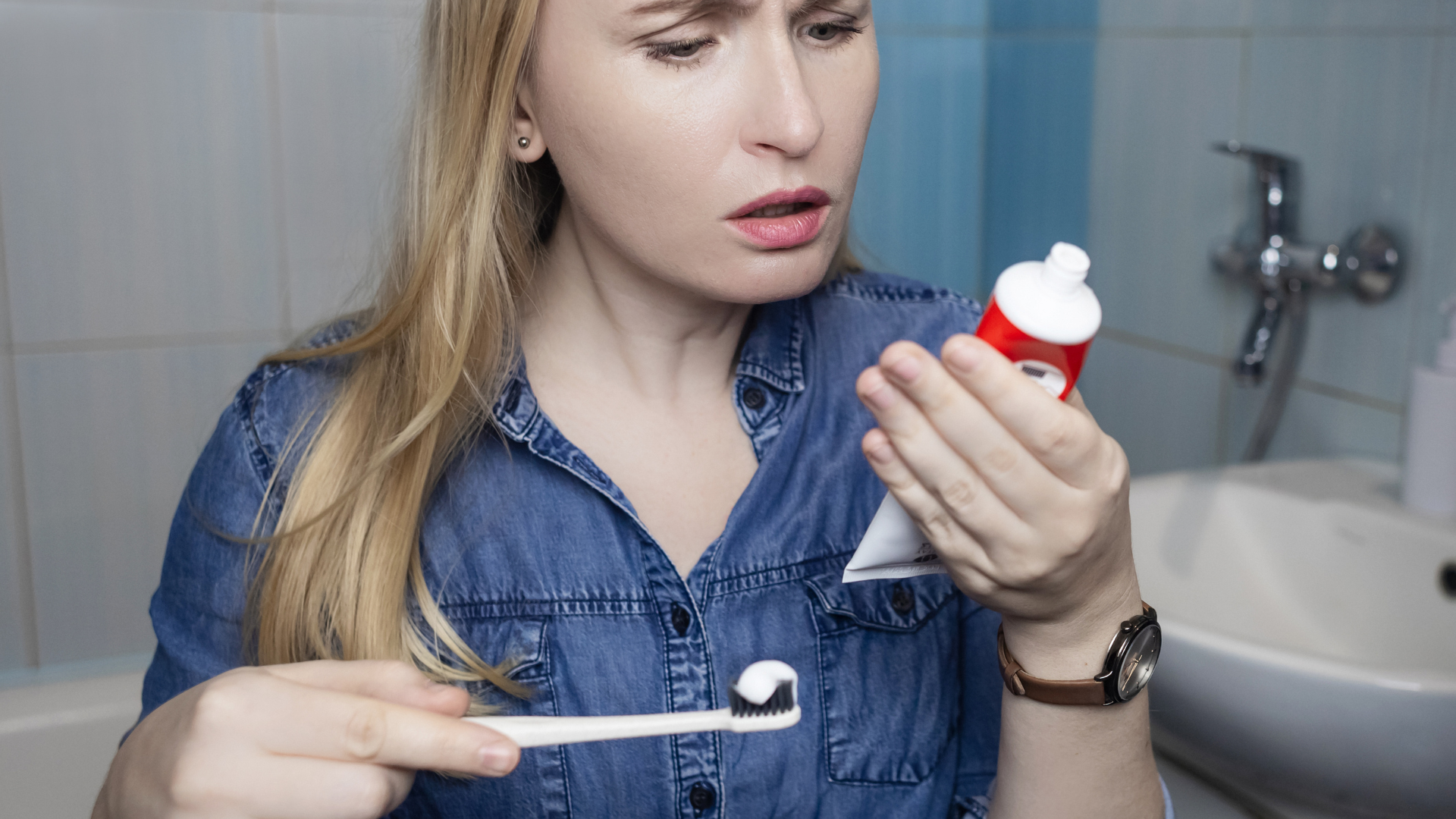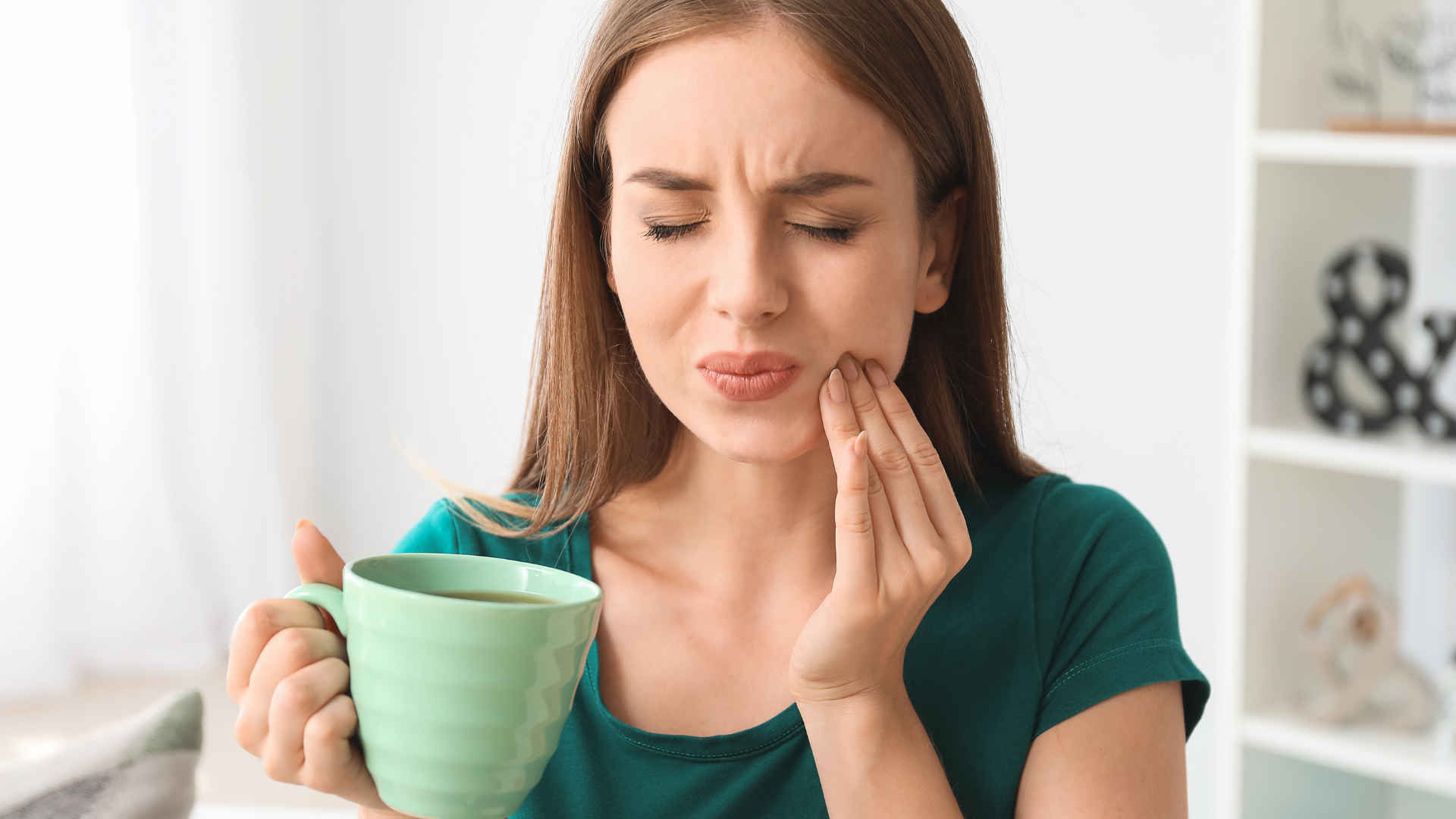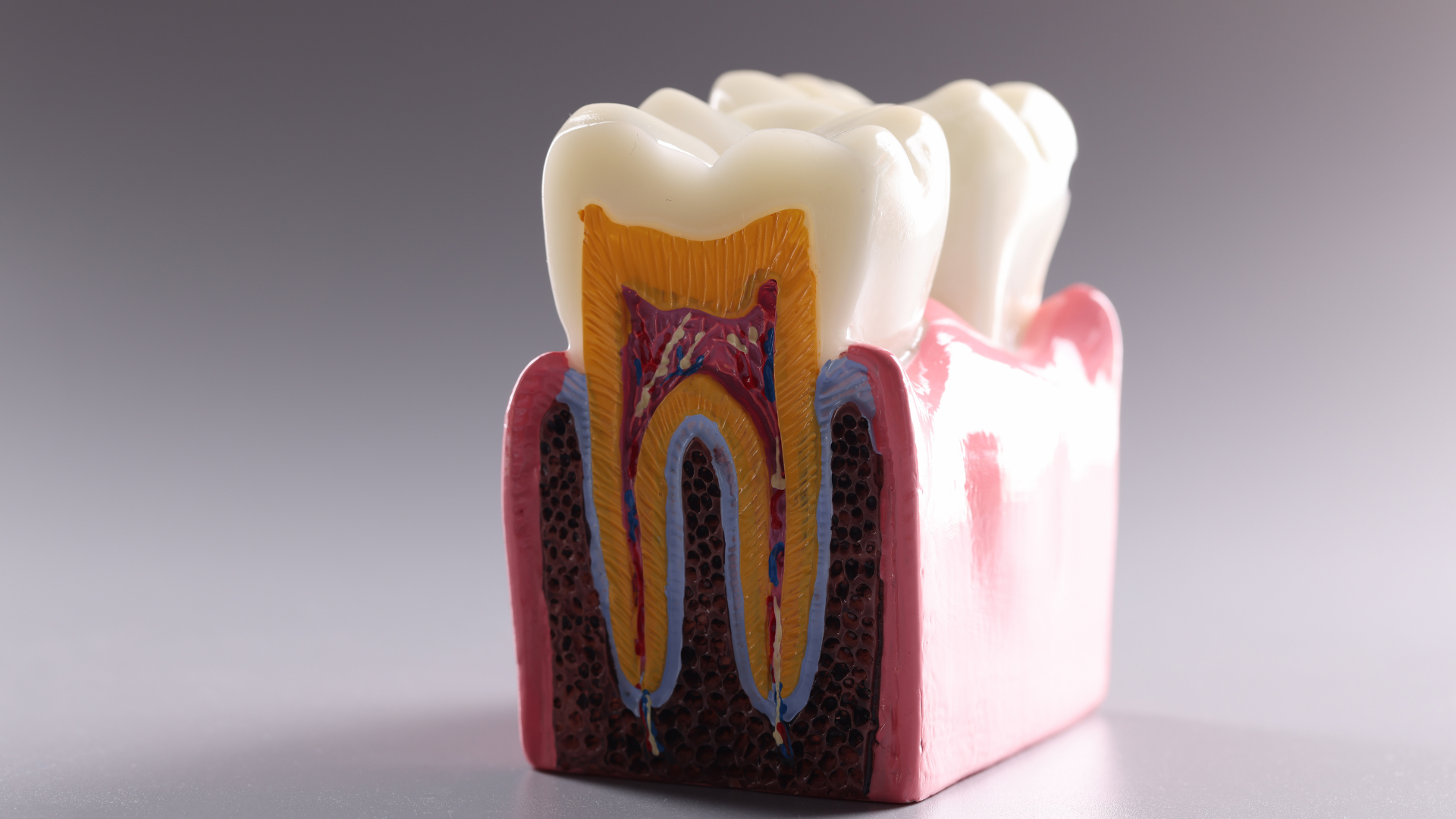Chemo and Your Mouth
Chemo and Your Mouth
Chemotherapy and Your Mouth
- Are You Being Treated With Chemotherapy for Cancer?
- How Does Chemotherapy Affect the Mouth?
- What Mouth Problems Does Chemotherapy Cause?
- Why Should I See a Dentist?
- When Should I See a Dentist?
- What Will the Dentist and Dental Hygienist Do?
- What Can I Do To Keep My Mouth Healthy?
- Do Children Get Mouth Problems Too?
- Remember
- Are You Being Treated With Chemotherapy for Cancer?If so, this information can help you. While chemotherapy helps treat cancer, it can also cause other things to happen in your body called side effects. Some of these problems affect the mouth and could cause you to delay or stop treatment.
- This information will give you ways to help prevent mouth problems so you'll get the most from your cancer treatment.
- To help prevent serious problems, see us at least 2 weeks before starting chemotherapy.
How Does Chemotherapy Affect the Mouth?
Chemotherapy is the use of drugs to treat cancer. These drugs kill cancer cells, but they may also harm normal cells, including cells in the mouth. Side effects include problems with your teeth and gums; the soft, moist lining of your mouth; and the glands that make saliva (spit).
It's important to know that side effects in the mouth can be serious.
- The side effects can hurt and make it hard to eat, talk, and swallow.
- You are more likely to get an infection, which can be dangerous when you are receiving cancer treatment.
- If the side effects are bad, you may not be able to keep up with your cancer treatment. Your doctor may need to cut back on your cancer treatment or may even stop it.
What Mouth Problems Does Chemotherapy Cause?
You may have certain side effects in your mouth from chemotherapy. Another person may have different problems. The problems depend on the chemotherapy drugs and how your body reacts to them. You may have these problems only during treatment or for a short time after treatment ends.
Why Should I See a Dentist?
You may be surprised that we are important in your cancer treatment. If you see us before chemotherapy begins, you can help prevent serious mouth problems. Side effects often happen because a person's mouth is not healthy before chemotherapy starts. Not all mouth problems can be avoided but the fewer side effects you have, the more likely you will stay on your cancer treatment schedule.
It's important for us and your cancer doctor to talk to each other about your cancer treatment. Be sure to give us your cancer doctor's phone number.
When Should I See a Dentist?
You need to see us at least 2 weeks before chemotherapy begins. If you have already started chemotherapy and you have not seen us, please schedule an appointment as soon as possible.
- What Will the Dentist and Dental Hygienist Do?Check your teeth.
- Take x-rays.
- Take care of mouth problems.
- Show you how to take care of your mouth to prevent side effects.
What Can I Do To Keep My Mouth Healthy?
You can do a lot to keep your mouth healthy during chemotherapy. The first step is to see us before you start cancer treatment. Once your treatment starts, it's important to look in your mouth every day for sores or other changes. These tips can help prevent and treat a sore mouth:
- Keep your mouth moist.
- Drink a lot of water.
- Suck ice chips.
- Use sugarless gum or sugar-free hard candy.
- Use a saliva substitute to help moisten your mouth.
- Clean your mouth, tongue, and gums.
- Brush your teeth, gums, and tongue with an extra-soft toothbrush after every meal and at bedtime. If brushing hurts, soften the bristles in warm water.
- Use a fluoride toothpaste.
- Don't use mouthwashes with alcohol in them.
- Floss your teeth gently every day. If your gums bleed and hurt, avoid the areas that are bleeding or sore, but keep flossing your other teeth.
- Rinse your mouth several times a day with a solution of 1/4 teaspoon baking soda and 1/8 teaspoon salt in one cup of warm water. Follow with a plain water rinse.
- Dentures that don't fit well can cause problems. Talk to your cancer doctor or us about your dentures.
If Your Mouth Is Sore, Watch What You Eat and Drink.
- Choose foods that are good for you and easy to chew and swallow.
- Take small bites of food, chew slowly, and sip liquids with your meals.
- Eat soft, moist foods such as cooked cereals, mashed potatoes, and scrambled eggs.
- If you have trouble swallowing, soften your food with gravy, sauces, broth, yogurt, or other liquids.
- Call your doctor or nurse when your mouth hurts.
- If the pain continues, talk to your cancer doctor about stronger medicines.
Remember To Stay Away From
- Sharp, crunchy foods, like taco chips, that could scrape or cut your mouth.
- Food that are hot, spicy, or high in acid, like citrus fruits and juices, which can irritate your mouth.
- Sugary foods, like candy or soda that could cause cavities.
- Toothpicks, because they can cut your mouth.
- All tobacco products.
- Alcoholic drinks.
Do Children Get Mouth Problems Too?
Chemotherapy causes other side effects in children, depending on the child's age. Problems with teeth are the most common. Permanent teeth may be slow to come in and may look different from normal teeth. Teeth may fall out. We will check your child's jaws for any growth problems.
Before chemotherapy begins, schedule an appointment for us to see your child. We will check your child's mouth carefully and pull loose teeth or those that may become loose during treatment. Ask us what you can do to help your child with mouth care.
Remember
- Visit us before your cancer treatment starts.
- Take good care of your mouth during treatment.
- Talk regularly with your cancer doctor and dentist about any mouth problems you have.




